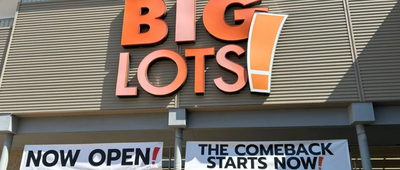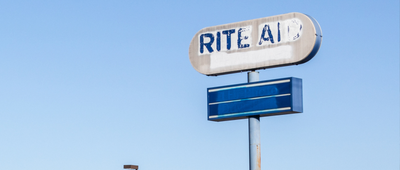Heiring on the Side of Profit
These are the mom-and-pop stores on steroids, huge companies that embraced nepotism to build some of the strongest brands on the planet. To categorize a public company as a family firm, the family must have a sizable stake, with “ownership control is exercised by two or more family members, either concurrently or sequentially,” says Josh Baron, co-author of the Harvard Business Review’s “Family Business Handbook. “There are many debates about what that shareholding number is, but the vast majority of the time, you know it when you see it.” Do you know of a giant family-owned company we missed? Tell us in the comments.






























